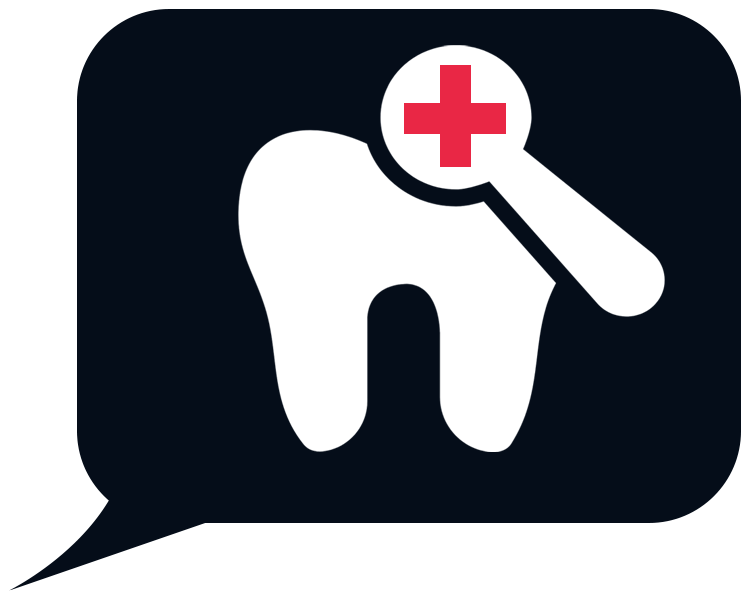Teeth For Life

If you experience a dental emergency, please contact our practice immediately. For after-hours emergencies, call our emergency phone number, and an on-call staff member will assist you. If you are unable to reach us, dial 911 for immediate assistance.
A lifetime of healthy smiles starts with consistent dental care and the right oral hygiene habits. At our practice, we go beyond routine checkups—we empower you with the knowledge and treatments needed to keep your teeth strong and beautiful for years to come. Whether you need a preventive cleaning, guidance on the best dental products, or treatment for a dental concern, our team is here to help. Don’t wait for problems to arise—schedule your appointment today and take the first step toward a healthier, more confident smile!
Frequently Asked Questions About Teeth For Life
Maintaining healthy teeth for life requires:
- Brushing twice a day with fluoride toothpaste
- Flossing daily to remove plaque between teeth
- Limiting sugary foods and drinks
- Drinking plenty of water to wash away bacteria
- Scheduling regular dental cleanings to prevent tartar buildup
By following these habits, you can significantly reduce your risk of cavities and gum disease.
A tooth-friendly diet includes:
- Dairy products (milk, cheese, yogurt) for calcium and strength
- Leafy greens (spinach, kale) for vitamins that support gum health
- Crunchy fruits & vegetables (apples, carrots) that help clean teeth naturally
- Nuts & lean proteins that strengthen enamel
Avoid excessive sugary snacks, sodas, and acidic foods that can weaken enamel and cause decay.
When selecting a toothpaste, look for one with fluoride to strengthen enamel and protect against cavities. If you have sensitivity, tartar buildup, or gum issues, your dentist can recommend a specific formula. Choose a soft-bristled toothbrush to prevent gum irritation, and replace it every 3-4 months.
Common signs of gum disease (gingivitis or periodontitis) include:
- Red, swollen, or bleeding gums
- Persistent bad breath
- Receding gums or loose teeth
To prevent gum disease, brush and floss daily, schedule regular cleanings, and avoid smoking, which increases your risk of severe gum infections.
Yes! If you lose a tooth, replacement options include:
- Dental implants (permanent, natural-looking tooth replacement)
- Bridges (filling gaps by anchoring to nearby teeth)
- Dentures (full or partial sets for missing teeth)
Missing teeth can affect your bite and lead to bone loss, so it’s important to discuss replacement options with your dentist as soon as possible.
It’s recommended to see your dentist every six months for a professional cleaning and exam. Regular checkups help detect issues early, prevent cavities and gum disease, and keep your smile in top condition. Some patients with specific dental concerns may require more frequent visits.
In any traumatic dental injury, time is of the essence. Contact your endodontist immediately.


